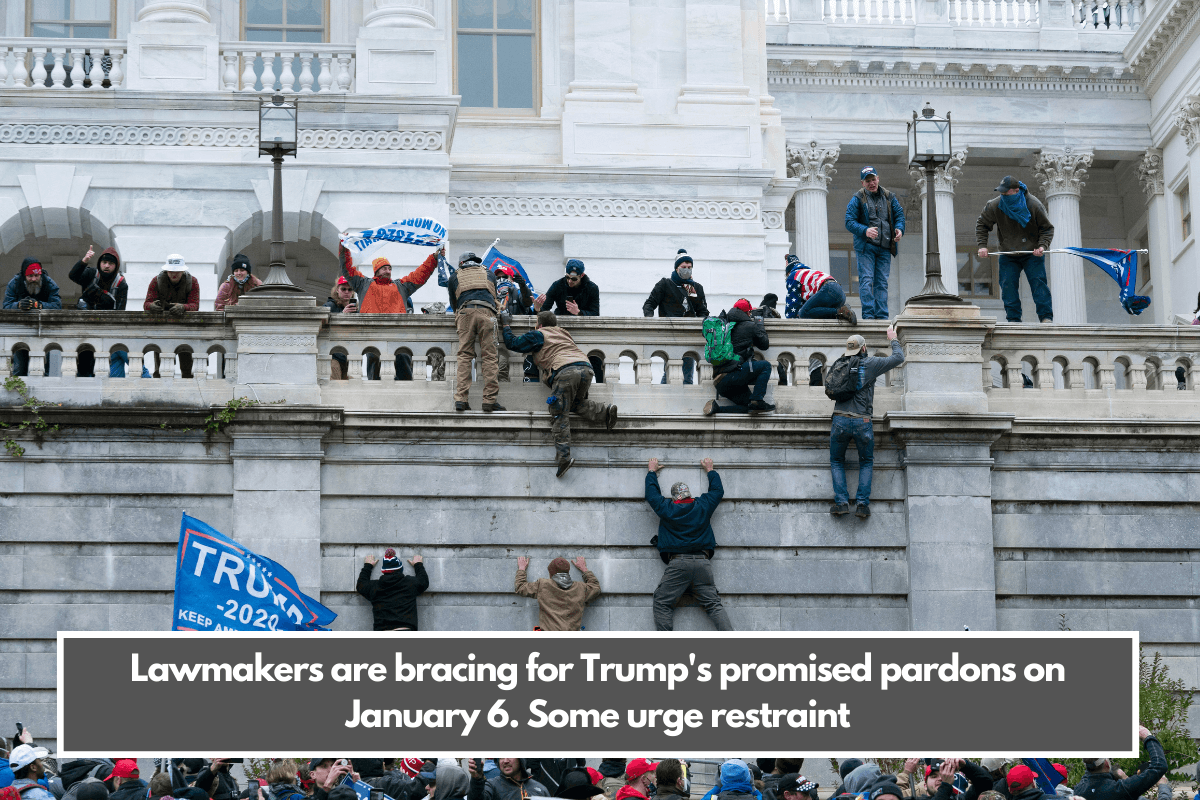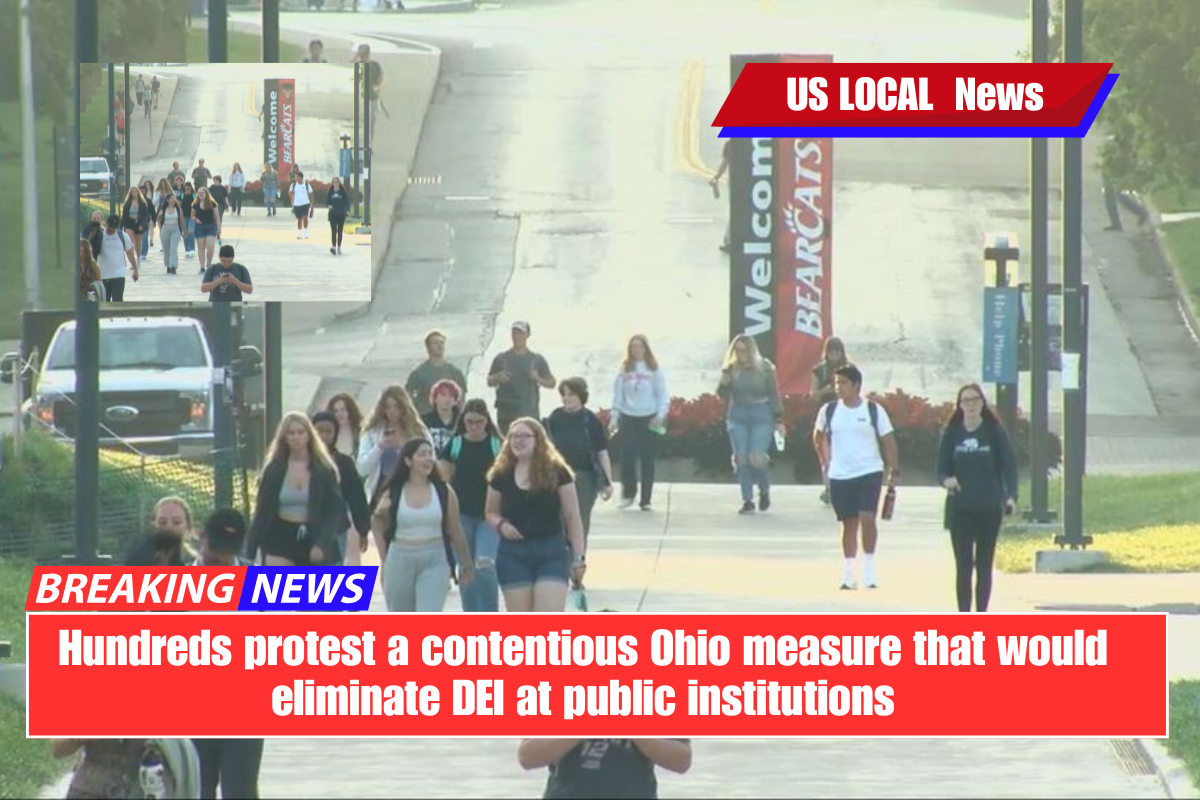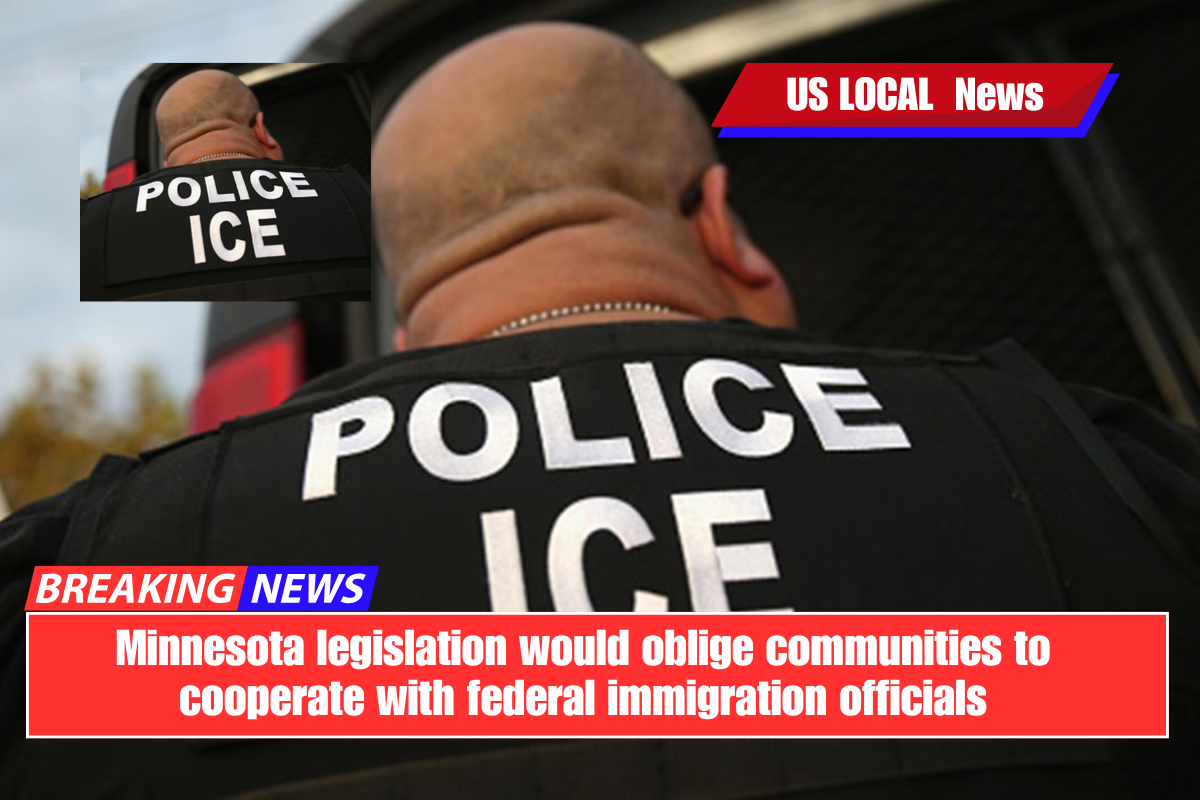Washington — The fourth anniversary of the Jan. 6 attack on the Capitol has a new focus as lawmakers prepare for the possibility that President-elect Donald Trump will soon pardon many of the more than 1,500 people charged with crimes related to the riot.
Trump said he would pardon rioters on “Day 1” of his presidency, which begins on January 20. “Most likely, I’ll do it very quickly,” he recently told NBC’s “Meet the Press.” He continued, “Those people have suffered long and hard. There may be some exceptions to this. I need to look. But, you know, if someone was radical or crazy.”
His promise, made throughout his presidential campaign, is looming over events Monday as lawmakers prepare to certify a presidential election for the first time since 2021, when Trump’s supporters stormed the Capitol and temporarily halted the certification of an election he lost to Democrat Joe Biden.
Rep. Marjorie Taylor Greene, R-Ga., said she has spoken with Trump and is lobbying him to pardon everyone involved in the siege. Few Republicans are going that far, but many believe Trump should consider pardons on an individual basis.
“Here we are, almost four years later. Many of these individuals have been in prison since 2021. Even those who fought Capitol Police and caused damage to the Capitol, I believe they have served their time and should be pardoned and released from prison,” Greene stated.
“Some of these people have received prison sentences of ten years, eighteen years, and more. I believe it is an injustice. “It’s time to end the two-tiered justice system.”
More than 1,250 people have pleaded guilty or been convicted in connection with the January 6 incident, with more than 650 receiving prison sentences ranging from a few days to 22 years.
Many of those who broke into the Capitol echoed Trump’s false allegations of election fraud. Some rioters threatened prominent politicians, including then-House Speaker Nancy Pelosi, D-Calif., and then-Vice President Mike Pence, who refused to challenge Biden’s victory. Lawmakers who had evacuated both chambers on January 6 returned that night to complete their work.
Police officers who defended the Capitol are especially upset about the potential pardons. Many officers were beaten, some with their own weapons, as they attempted to control the mob.
According to Matthew Graves, the outgoing U.S. attorney in Washington, approximately 140 officers were injured on January 6, making it “likely the largest single day mass assault of law enforcement” in American history.
“You cannot be pro-police officers and the rule of law if you are pardoning people who betrayed that trust, injured police officers, and ransacked the Capitol,” said Capitol Police Sgt. Aquilino Gonell, who retired due to injuries sustained while fighting rioters.
Some Republicans in Congress, including those closely aligned with Trump, suggested that not all Jan. 6 offenders be treated equally.
Rep. Jim Jordan, a key Trump ally who chairs the House Judiciary Committee, said he supported some pardons but made a distinction.
“I believe everyone supports people who have not committed any violent acts. “I think that makes sense,” said Jordan, a Republican from Ohio.
Veteran Republican Rep. Gus Bilirakis, R-Florida, was also not prepared to go as far as Greene. “You have to look at it individually. “Some probably deserve to be pardoned,” he added.
When asked if those who attacked police officers at the United States Capitol should be pardoned, he was more reserved.
“My goodness.” Again, I’d have to consider the situation,” he said. “But if they attacked the U.S. Capitol Police, it’s a big problem.”
Rep. Dusty Johnson, R-S.D., stated that not all charges are the same, and that people who were trespassing are in a different category than those who entered the Capitol and damaged property. He believes Trump will consider each individual circumstance and determine what is appropriate.
“People who attacked police officers, listen, I don’t think that is something we should ever condone,” Johnson told the crowd.
House Democrats, who led the effort to impeach Trump on Jan. 6 and conducted a broad investigation into the attack, warned that the pardons could have far-reaching consequences for the rule of law and national security.
Members of the extremist groups Oath Keepers and Proud Boys, for example, were convicted of seditious conspiracy and other insurrection-related crimes.
“Those 140-odd law enforcement people who got hurt defending this institution, I think anyone who loves peace and security would be offended that you would pardon people who attacked those individuals for doing their jobs,” Representative Bennie Thompson, D-Miss., said.
Thompson led the House committee that investigated the events of January 6, resulting in a report stating that Trump “lit the fire” for the uprising.
Rep. Jamie Raskin, D-Md., who served as lead impeachment manager during Trump’s second impeachment trial, in which he was acquitted, said that if pardons are to be granted, people should demand contrition and repentance from each pardoned individual, as well as an affirmative statement that they pose no further threat to public safety.
“Because anything that happens by these people, in a political context or some other context, will essentially be laid at the doorstep soon-to-be President Donald Trump,” Mr. Raskin explained.
Legislators who were in the Capitol during the attack, like the police officers who protected them, react viscerally to the pardon talk, having barely escaped a mob that appeared determined to harm them.
Rep. Jim Himes, D-Conn., who was trapped in the House gallery as rioters attempted to break in below, said it would be “extraordinarily difficult” for him and many others if Trump granted the pardons.
“I’m pretty controlled and pretty disciplined, but that would be really hard,” Himes told me. “Too many of us had very personal experiences with the people who are serving time or were convicted.”





















